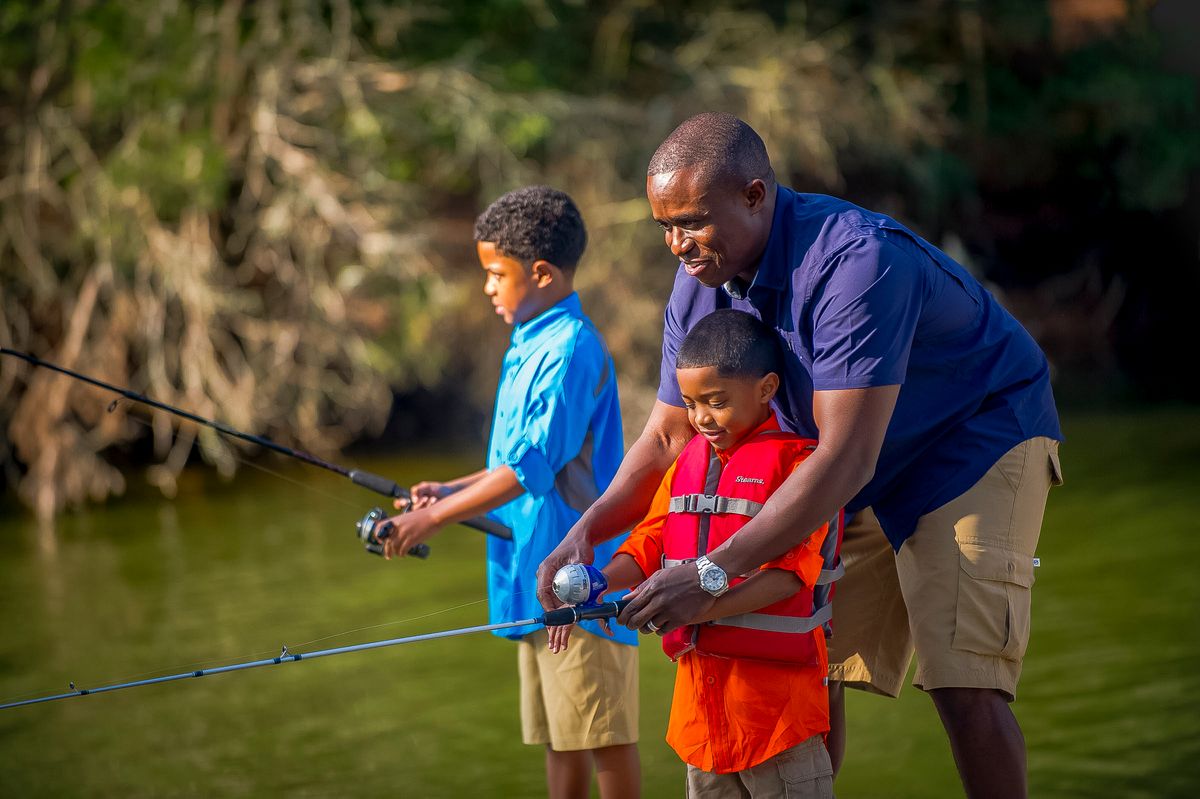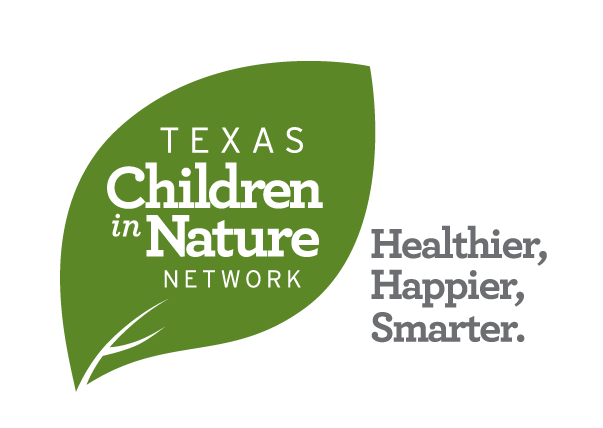
Have Better Self-discipline
Self-discipline is an important development that many children struggle with. Spending time in nature can help children slow down, consider their options and make direct connections between cause and effects.
Facilitating Social Emotional Learning in Kindergarten Classrooms: Situational Factors and Teachers' Strategies
The development of social emotional skills and competencies is a critical part of early childhood development. This study explored how social emotional learning (SEL) is supported by early childhood education teachers in Singapore kindergarten (aka preschool) classrooms.
Observations were conducted in six preschool classrooms: two classrooms from kindergartens run by the government; two classrooms from not-for-profit kindergartens; and two classrooms from commercial childcare centers. Two research assistants conducted the observations and made video recordings. The length of the recordings ranged from 1 hour 40 minutes to 3 hours 22 minutes. The recordings focused on a variety of indoor and outdoor activities reflecting a typical day in the kindergarten classrooms. Two questions framed the study: (1) How do situational factors (group size, activity, and type of teaching opportunity) influence the frequency of SEL support? (2) What types of strategies do teachers use to support SEL in areas identified in the national curriculum (self-awareness and positive self-concept, self-management, social awareness, relationship management, and responsible decision-making)?
- Ng, S.C., Bull, R., (2018). Facilitating social emotional learning in kindergarten classrooms: Situational factors and teachers' strategies. International Journal of Early Childhood, 50(3), 335-352.
Natural Environments Near Schools are Positively Associated With the Socio-emotional and Behavioral Development of Preschool Children
This study investigated associations between preschool children’s socio-emotional and behavioral (SEB) development and natural features near the schools they attended. A primary goal of the study was to understand how “school nature” might contribute to children’s SEB development, beyond what the children gained from “home nature” (natural elements in the home environment).
Researchers obtained Fall (November) and Spring (May) assessment results of preschoolers participating in a publicly funded preschool program in Charlotte, North Carolina for the academic year 2013-2014. Teachers from 50 different schools administered the Devereux Early Childhood Assessment Preschool Program, Second Edition (DECAP2) to the preschoolers in their class. The DECAP2 is a nationally standardized tool designed to assess socio-emotional resources and protective factors in preschool-age children. Areas assessed include initiative, self-regulation, attachment, and behavioral concerns. Aerial photography and Geographic Information Systems provided measures of naturalness or greenness near the children’s homes and schools.
Findings indicated that preschoolers with more exposure to trees either at home or at school showed greater improvement in socio-emotional competencies than preschoolers with less exposure to trees. Findings also showed children having greater independence and social skills when their schools were in neighborhoods with limited impervious surface, such as concrete. This was especially true for children living in neighborhoods low in impervious surface. There was some evidence that the benefits associated with tree canopy may fluctuate according to seasons and that the potential impact of “school nature” may depend on levels of “home nature”.
- Scott, J. Taylor, Ryan P. Kilmer, Chuang Wang, James R. Cook, and Mason G. Haber. 2018. “Natural Environments Near Schools: Potential Benefits for Socio-Emotional and Behavioral Development in Early Childhood.” American Journal of Community Psychology 62 (3–4): 419–32. https://doi.org/10.1002/ajcp.12272.
Nature-based Risky Play Can Promote Young Children’s Development
This study investigated the effects of an intervention designed to increase opportunities for young children to engage in nature-based risky play. Risky play, which offers children the thrill of uncertainty, is positively associated with physical activity, social health, and exploration and understanding of the world. A decrease in opportunities for risky play is of concern.
The study examined the effects of an intervention to increase opportunities for nature and risky play in the outdoor play environments of two childcare centres using a repeated measures mixed methods design. Assessments of children and their outdoor playspace were conducted before and after changes were made to each center’s outdoor environment. The study used the Seven Cs play space design criteria, adding natural materials to enhance affordances for play. It measured changes in play, social behaviour, psychological wellbeing, and physical activity in 45 children aged 2 to 5.
Findings indicated significant decreases in depressed affect, antisocial behaviour and moderate to vigorous physical activity, and increases in play with natural materials, independent play, and prosocial behaviours. Early Childhood Educators observed improved socialization, problem-solving, focus, self-regulation, creativity and self-confidence, and reduced stress, boredom and injury. Outdoor play spaces are important for promoting children's wellbeing and development.
- Brussoni, Mariana, Takuro Ishikawa, Sara Brunelle, and Susan Herrington. 2017. “Landscapes for Play: Effects of an Intervention to Promote Nature-Based Risky Play in Early Childhood Centres.” Journal of Environmental Psychology 54 (December): 139–50. https://doi.org/10.1016/j.jenvp.2017.11.001.
The Affordances of Natural Play Spaces Can Support the Development of Executive Function Skills in Preschool Children
Playscapes are intentionally designed, dynamic, vegetation-rich, play environments that nurture young children's affinity for nature. We investigated how the affordances of a nature playscape provide opportunities to strengthen children's executive function by identifying examples of goal-directed and focused problem-solving within children's free play in this setting. Through video-based fieldwork, drawing on the extant literature, and application of indicators within existing assessments for executive function in nature preschools, we found that playscapes can be executive function-enhancing environments, as children are likely to set their own goals, problem-solve, self-regulate, focus attention, and demonstrate cognitive flexibility while playing in these settings. Future directions call for follow-up evaluation studies to more robustly substantiate initial findings.
- Carr, Victoria, Rhonda Douglas Brown, Sue Schlembach, and Leslie Kochanowski. 2017. “Nature by Design: Playscape Affordances Support the Use of Executive Function in Preschoolers.” Children, Youth and Environments 27 (2): 25–46.
Nature Playscapes Encourage Creativity, Problem-solving and Self-determination
The major purpose of this study was to examine how child-directed play within a deliberately designed natural playscape fosters the development of self-determination and its associated attributes within young children. The study observed 65 pre-school children ranging in ages from three to five years from two separate Head-start and tuition-based programs near Cincinnati, Ohio.
The authors employed a qualitative, grounded theory approach to data analysis informed by the Foundations for Self-Determination Model (Palmer et al. 2012). Part of a larger study that included curriculum assessment, behavior mapping and teacher focus groups along with audio/visual observation and analysis, this particular study employed only the data collected from the collection and analysis of the observational videos. Each school participated in three one-hour play sessions for a total of six hours of observation.
While this article focuses primarily on the role a naturalized playscape takes in the development of a child’s self-determination, the concept of self-determination is associated with other important developmental outcomes including a child’s sense of confidence and positive self-esteem. The authors elaborate on this point as they conclude that intentionally-designed nature play grounds “encourage choice-making, problem-solving, self-regulation and engagement” (p.163).
- Kochanowski, Leslie, and Victoria Carr. 2014. “Nature Playscapes as Contexts for Fostering Self-Determination.” Children, Youth and Environments 24 (2): 146–67. https://doi.org/10.7721/chilyoutenvi.24.2.0146.
Unstructured Activities Improves Children’s Self-directed Executive Functioning
The mental processes that “regulate thought and action in support of goal-directed behavior” are called executive functions (EFs). The study of EFs during childhood is significant because this is the period of human development in which such cognitive functions have the most dramatic growth potential. The study of EFs overall is significant because they support higher-level cognitive processes such as “planning and decision-making, maintenance and manipulation of information in memory, inhibition of unwanted thoughts, feelings, and actions, and flexible shifting from one task to another”.
Seventy (70) six and seven year old children were recruited, along with a parent, to participate in the study. The parents and children attended one research session in which the children were individually tested on tasks that measured both self-directed and externally driven EF and the parents completed surveys that provided data on demographics and the child’s daily, annual and typical schedules. The children’s activities (outside of formal school hours) were coded as “structured” or “less-structured”. Structured activities were typically adult-led, such as lessons and practices, while less structured activities were often child initiated and include free play; social events with family (including camping, picnics, hiking, biking, and swimming); enrichment events (such as visits to the museum, library, and zoo); entertainment (movies, performances, sporting events); reading; and media/screen time.
Overall, the more time children spent in less structured activities, the better their self-directed EF, even when controlling for age, verbal ability, and household income. Conversely, structured activities predicted poorer self-directed EF.
- Barker, Jane E., Andrei D. Semenov, Laura Michaelson, Lindsay S. Provan, Hannah R. Snyder, and Yuko Munakata. 2014. “Less-Structured Time in Children’s Daily Lives Predicts Self-Directed Executive Functioning.” Frontiers in Psychology 5. https://doi.org/10.3389/fpsyg.2014.00593.
Nature Makes You Nicer
Increased time in nature makes one nicer, enhances social interactions and more.
- Weinstein, N., Przybylski, A. K., & Ryan, R. M. (2009). “Can nature make us more caring? Effects of immersion in nature on intrinsic aspirations and generosity.” Personality and Social Psychology Bulletin, 35, 1315-1329.
Access to Nature Nurtures Self-Discipline
This study focuses on the positive benefits to inner city youth, particularly girls, from access to green spaces for play. Even a view of green settings enhances peace, self-control, and self-discipline. While the results are most notable for girls, the evidence is not limited to the positive impact on girls. (Original Research)
- Taylor, Andrea Faber; Frances E. Kuo; and William C. Sullivan. "Views of Nature and Self-Discipline: Evidence from Inner City Children." In the Journal of Environmental Psychology, 21, 2001. © 2001 Academic Press. Available on the Web site of the University of Illinois Urbana-Champaign, at www.lhhl.uiuc.edu.
